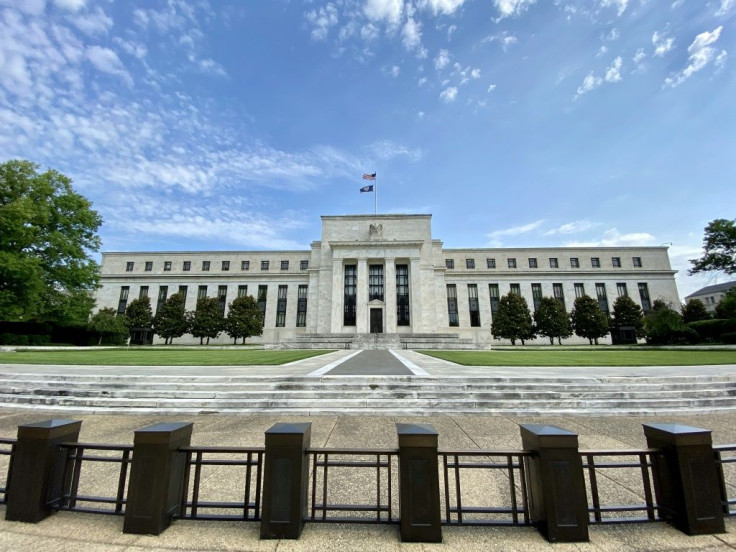Federal Reserve May Extend Bank Dividend, Buyback Limits As It Starts New Round Of Stress Tests

KEY POINTS
- Fed said second round of stress tests is necessary due to the “continued uncertainty” posed by the pandemic
- The test will determine how well banks can lend to households – even in a severe recession
- Fed's stress test will look at banks' resiliency over two hypothetical recession scenarios
The Federal Reserve said Thursday that by the end of the month it will decide if it will continue to limit dividend payments and stock repurchases by banks, while preparing for a new round of stress tests designed to gauge the resiliency of big banks during the COVID-19 pandemic.
An earlier round of bank stress tests – announced in June – found that large banks were generally “well capitalized under a range of hypothetical events.”
The second round of stress tests – which the Fed said was necessary due to the “continued uncertainty” posed by the pandemic – will involve two hypothetical severe recession scenarios.
The test will determine how well banks can lend to households – even in a severe recession – by examining their loan losses and capital levels “under hypothetical recession scenarios over nine quarters into the future.”
In the first hypothetical recession scenario, the unemployment rate peaks at 12.5% at the end of 2021 and then falls to about 7.5% at the end of the scenario. Meanwhile, gross domestic product drops about 3% from the third quarter of 2020 through the fourth quarter of 2021.
In the second hypothetical scenario, unemployment rate peaks at 11% by the end of 2020 but remains at elevated levels, before declining to 9% by the end of the scenario. GDP falls about 2.5% from the third to the fourth quarter of 2020.
"The Fed's stress tests earlier this year showed the strength of large banks under many different scenarios," Fed Vice Chair Randal K. Quarles said in a statement. "Although the economy has improved materially over the last quarter, uncertainty over the course of the next few quarters remains unusually high, and these two additional tests will provide more information on the resiliency of large banks."
By the end of the year, the Fed will release results of the stress tests, detailing how each of the banks under scrutiny fared.
In the wake of the stress tests from earlier in the summer, the Fed said that the largest banks would be banned from making stock buybacks and face limits on paying dividends in the third quarter.
The Fed may decide to extend these restrictions in order to help banks preserve their capital.
Earlier this week, JPMorgan Chase (JPM) Chief Financial Officer Jennifer Piepszak said the bank would consider spending its excess capital to buy back shares in the next quarter.
“It will obviously depend on whether we have regulatory constraints, and we’re going to be very, very prudent in terms of how we think about the number of different scenarios and what our capital looks like under those scenarios,” she said, Bloomberg reported.
© Copyright IBTimes 2025. All rights reserved.





















